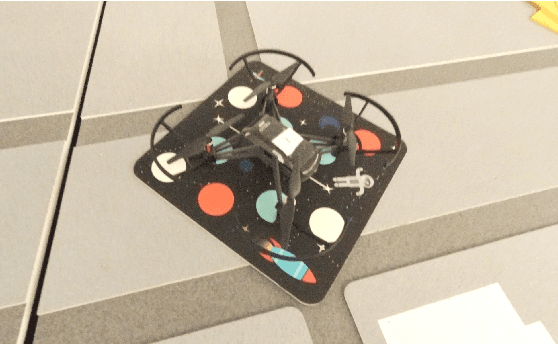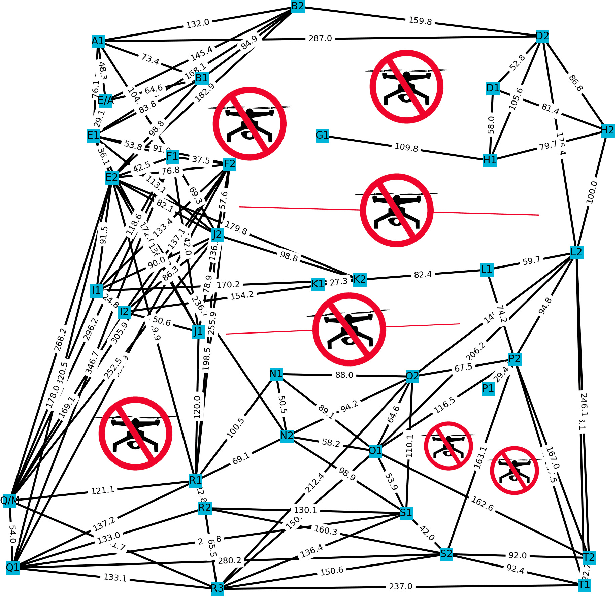Kevin Lam
Rao-Blackwellised Reparameterisation Gradients
Jun 09, 2025Abstract:Latent Gaussian variables have been popularised in probabilistic machine learning. In turn, gradient estimators are the machinery that facilitates gradient-based optimisation for models with latent Gaussian variables. The reparameterisation trick is often used as the default estimator as it is simple to implement and yields low-variance gradients for variational inference. In this work, we propose the R2-G2 estimator as the Rao-Blackwellisation of the reparameterisation gradient estimator. Interestingly, we show that the local reparameterisation gradient estimator for Bayesian MLPs is an instance of the R2-G2 estimator and Rao-Blackwellisation. This lets us extend benefits of Rao-Blackwellised gradients to a suite of probabilistic models. We show that initial training with R2-G2 consistently yields better performance in models with multiple applications of the reparameterisation trick.
LegendreTron: Uprising Proper Multiclass Loss Learning
Jan 27, 2023



Abstract:Loss functions serve as the foundation of supervised learning and are often chosen prior to model development. To avoid potentially ad hoc choices of losses, statistical decision theory describes a desirable property for losses known as \emph{properness}, which asserts that Bayes' rule is optimal. Recent works have sought to \emph{learn losses} and models jointly. Existing methods do this by fitting an inverse canonical link function which monotonically maps $\mathbb{R}$ to $[0,1]$ to estimate probabilities for binary problems. In this paper, we extend monotonicity to maps between $\mathbb{R}^{C-1}$ and the projected probability simplex $\tilde{\Delta}^{C-1}$ by using monotonicity of gradients of convex functions. We present {\sc LegendreTron} as a novel and practical method that jointly learns \emph{proper canonical losses} and probabilities for multiclass problems. Tested on a benchmark of domains with up to 1,000 classes, our experimental results show that our method consistently outperforms the natural multiclass baseline under a $t$-test at 99% significance on all datasets with greater than 10 classes.
Constraint-based Formation of Drone Swarms
Jan 28, 2022



Abstract:Drone swarms are required for the simultaneous delivery of multiple packages. We demonstrate a multi-stop drone swarm-based delivery in a smart city. We leverage formation flying to conserve energy and increase the flight range of a drone swarm. An adaptive formation is presented in which a swarm adjusts to extrinsic constraints and changes the formation pattern in-flight. We utilize the existing building rooftops in a city and build a line-of-sight skyway network to safely operate the swarms. We use a heuristic-based A* algorithm to route a drone swarm in a skyway network.
 Add to Chrome
Add to Chrome Add to Firefox
Add to Firefox Add to Edge
Add to Edge